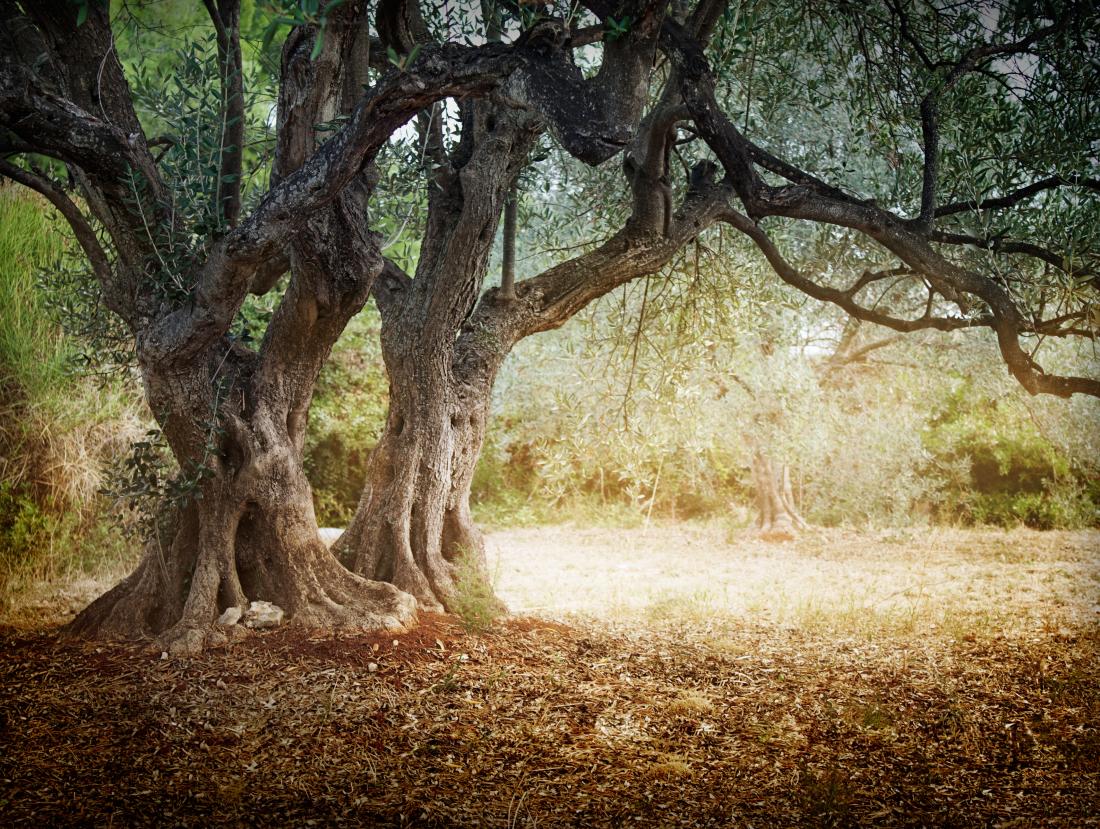ARTOLIO presents: The history of olive oil cultivation in the Mediterranean Basin

The Mediterranean basin is one of the world's most important regions for olive oil production, and ARTOLIO's main demographic. Countries like Italy, Spain, and Greece being among the top producers of this precious commodity. Olive trees have been cultivated in this region for thousands of years, and the Mediterranean climate and soil conditions are ideal for the growth and development of these ancient trees.
The Mediterranean climate is characterized by mild winters and hot summers, with temperatures ranging between 15°C and 25°C (59°F to 77°F) during the growing season. This warm climate is ideal for olive tree growth, as it allows the trees to produce a large crop of olives each year. Additionally, the Mediterranean basin receives ample rainfall during the winter months, which helps to replenish the soil and provide the trees with the moisture they need to thrive.
The soil in the Mediterranean basin is also well-suited to olive tree cultivation. The soil is typically rocky and well-draining, which helps to prevent waterlogging and the development of fungal diseases. Additionally, the soil is rich in nutrients, which provides the trees with the necessary building blocks for growth and development.
Olive trees are well-adapted to the Mediterranean climate and soil conditions, and can survive and thrive in this region for many years. The trees can survive through long periods of drought and can withstand high temperatures, which makes them well-suited to the Mediterranean climate. Additionally, olive trees are resistant to many common pests and diseases, which helps to keep the trees healthy and productive.
Olive trees are typically grown in groves, with each tree spaced at least 4 meters apart. This allows for ample space for the trees to grow and develop, and also makes it easier to harvest the olives. The trees are usually trained to a central leader and pruned regularly to maintain the shape and size of the tree.
The cultivation of olive trees in the Mediterranean basin is a labor-intensive process that requires a great deal of care and attention. Growers must regularly prune the trees, irrigate the soil, and control pests and diseases. Additionally, growers must harvest the olives at the right time to ensure that the oil is of high quality.
Despite the hard work and dedication required to cultivate olive trees in the Mediterranean basin, the rewards are well worth it. The Mediterranean basin is home to some of the world's most delicious and sought-after olive oils, which are prized for their rich, fruity flavor and high levels of healthy monounsaturated fats.









